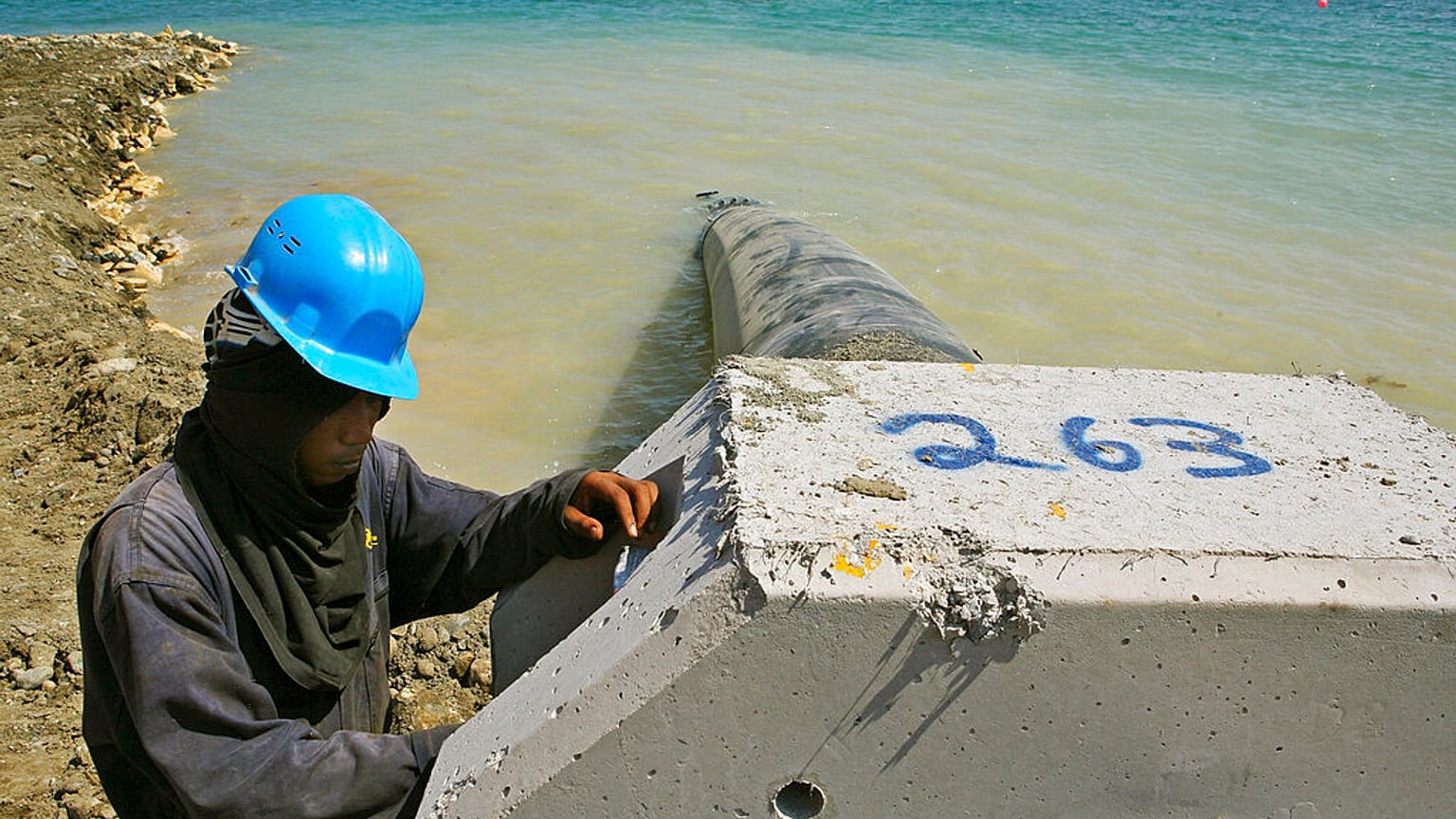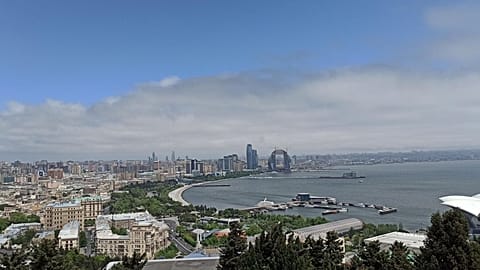The audit calls for urgent action as water management failures persist.
A new report from Cyprus’s Audit Office paints a stark picture of the country’s ongoing struggle with water scarcity, warning that despite nearly a decade of efforts, critical issues remain unresolved.
 ADVERTISEMENT
ADVERTISEMENT
 ADVERTISEMENT
ADVERTISEMENT
The Special Report is a continuation of an assessment done in 2016 and evaluates how much progress has been made in implementing sustainable water management policies.
"Despite the measures taken during the intervening 9 years, there are still serious weaknesses and delays, which threaten its sustainable and rational management," the Auditor General notes.
Water scarcity is a longstanding problem for Cyprus
Water scarcity in Cyprus is a long-standing phenomenon. With few natural lakes or rivers, the country has in the past relied heavily on groundwater resources. It has left most underground aquifers exploited and in poor condition.
In an effort to ensure sufficient water supplies, the state has built dams to collect rainwater that would have flowed into the sea and created infrastructure to transport water to areas with less rainfall, such as the South Pipeline project.
It has also constructed and completed, to date, a total of five desalination plants, and plans to build two more to ensure sufficient drinking water regardless of weather conditions. These desalination plants come at a significant financial cost.
Despite these actions, water scarcity remains a major problem for Cyprus, with negative consequences for development, the environment, agriculture and public health. The situation has worsened in recent decades due to climate change.
The report concludes that the implementation of measures for the rational management of water resources is imperative.
What did the audit say?
The report highlights persistent and systemic shortcomings in the country’s water management, despite years of planning and investment.
It says the Water Management Advisory Committee (WAC) has shown no real progress in improving its operation or in offering meaningful guidance to Local Water Users (LWUs) on critical water management issues.
At the same time, the country's water balance- the difference between demand and available water resources - continues to show strong fluctuations. This volatility, the report warns, makes it difficult for authorities to carry out medium- and long-term planning with any certainty.
Progress on long-term infrastructure projects has also been sluggish. Out of the 60 projects included in the €1.5 billion Water Development Plan for 2016–2030, only 14 have been completed so far. The Water Development Department (WDD) has failed to compare actual spending with budgeted costs, meaning it's unclear whether allocated funds are sufficient to see the remaining projects through to completion.
Similarly, the implementation of the €19.2 million programme under the first Flood Risk Management Plan (2016–2021), which included €19.2 million worth of preventive measures, has seen only partial implementation. As of the most recent progress report, fewer than half of the planned actions had been completed, while several had yet to begin.
Safety concerns surrounding Cyprus’s ageing dams remain unresolved. Many structures have not undergone the necessary evaluations or maintenance. Although legislation requires the appointment of supervising engineers for large dams, these positions remain vacant in some cases. No independent inspections have been conducted to date. Final safety certification for private dams is still pending, while the status of public dams remains unclear.
Desalination has helped offset shortfalls in supply, particularly during dry periods. However, the report notes that desalinated water comes at a high environmental and financial cost. The process contributes to greenhouse gas emissions and marine pollution through brine discharge, while raising water costs for consumers. Authorities are urged to optimise desalination use based on cost-benefit analysis.
Around 64 per cent of the island’s water bodies are classified as being in poor condition. Groundwater is now under threat from urban wastewater, agricultural runoff, nitrate pollution, and waterlogging. In addition, only 26 per cent of the country’s water supply boreholes have been designated as protected zones, leaving many vulnerable to contamination.
The findings underscore what the Audit Office calls an urgent need for reform. Despite years of planning and significant public investment, the systems in place are still falling short of ensuring sustainable, safe, and climate-resilient water management for Cyprus.

















